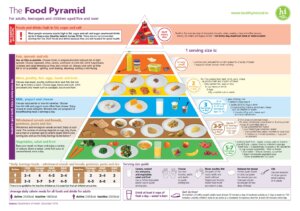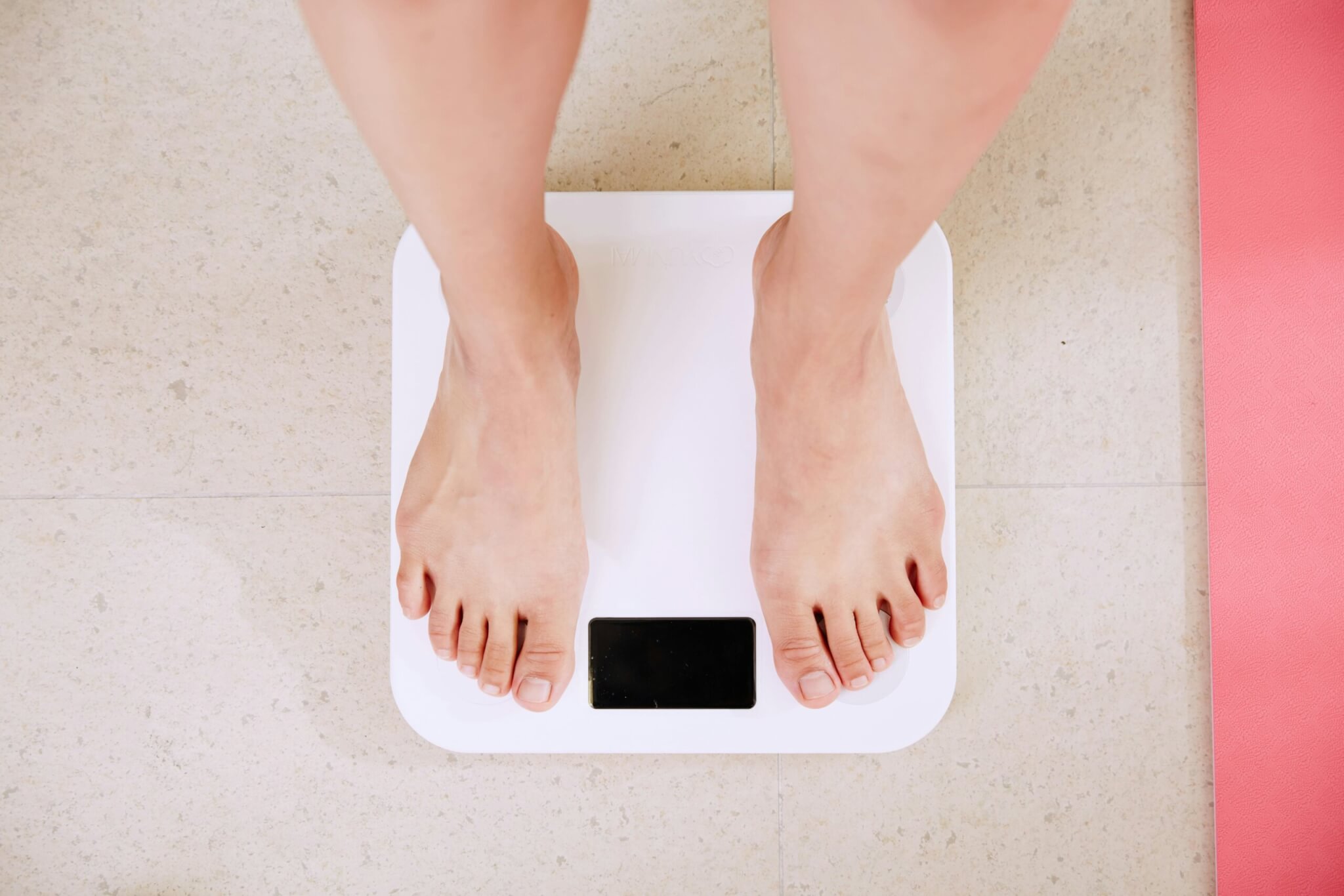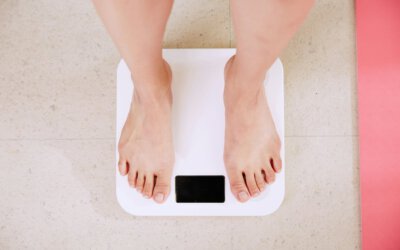Every year, a new “miracle” diet, pill, or supplement drink emerges, promising rapid fat loss and quick results. While these may sound appealing, most either fail entirely or deliver short-term weight loss that is rarely sustainable.If something sounds too good to be true, it usually is.
Healthy weight loss is about making changes you can maintain long-term — without extreme crash diets or cutting out entire food groups — while ensuring your body still gets the nutrients it needs.
So, what does healthy weight loss actually look like?
1. Healthy Weight Loss Is Gradual
Many people want to lose weight quickly, perhaps for an upcoming event like a wedding or holiday. But sustainable, healthy weight loss happens gradually.
The recommended rate is 0.5–1 kg (1–2 lbs) per week [1]. This slower approach helps:
- Preserve muscle mass
- Avoid lowering your metabolic rate
- Increase the chances of long-term success
2. It’s Not Just About the Scales
While losing weight might make you feel better, the most important changes are improvements in:
- Blood pressure
- Cholesterol levels
- Blood glucose control
- Energy levels
- Quality of life
Healthy weight loss focuses on health behaviours that improve your wellbeing. Even without major changes on the scales, lifestyle improvements can reduce your risk of chronic diseases [2].
3. It Avoids Extreme Dieting and Fad Trends
Fad diets can cause nutrient deficiencies, disrupt hunger cues, and increase the risk of:
- Food preoccupation and cravings
- Binge-eating and emotional eating
- Weight regain [3,4]
The best approach is moderation — enjoy all foods occasionally, but follow the Healthy Ireland Food Pyramid [5] most of the time.

4. It Involves More Than Just Diet
Nutrition is vital, but lifestyle factors matter too. Stress, sleep, physical activity, and mental health all play roles in weight management.
For weight loss, aim for 60–75 minutes of moderate-intensity activity five days a week [6]. Adequate sleep, stress management, and addressing emotional eating are also key to success.
5. It’s Individualised
There’s no single plan that works for everyone. Bodies, lifestyles, and health needs differ — what works for one person may not work for another.
Weight loss isn’t always necessary or appropriate; improving your lifestyle without a focus on the scales can still lower your risk of chronic illness.
Takeaway Message
Healthy weight loss is not about quick fixes or the latest diet trend. It’s about building sustainable habits, improving your health markers, and feeling confident in your own skin. If you need weight management support, Webdoctor offers an online prescription service for safe, regulated access to weight-loss medications when clinically appropriate.
You can also book a consultation with one of our registered dietitians — no GP referral, no waiting list — to get a personalised, evidence-based plan designed for your lifestyle and goals.
Start your personalised plan today:
References
- National Institutes of Health (2021). Aim for a Healthy Weight: Losing Weight. Available at: https://www.nhlbi.nih.gov/health/educational/lose_wt/index.htm
- Ross, R., et al. (2020). Importance of Assessing Cardiorespiratory Fitness in Clinical Practice: A Case for Fitness as a Clinical Vital Sign. Circulation, 144(7), e123–e135. https://doi.org/10.1161/CIR.0000000000000917
- Lowe, M. R., Doshi, S. D., Katterman, S. N., & Feig, E. H. (2020). Dieting and restrained eating as prospective predictors of weight gain. Appetite, 144, 104451. https://doi.org/10.1016/j.appet.2019.104451
- Polivy, J., & Herman, C. P. (1985). Dieting and binging: A causal analysis. American Psychologist, 40(2), 193–201. https://doi.org/10.1037/0003-066X.40.2.193
- Department of Health (2025). The Healthy Ireland Food Pyramid. [online] Dublin: Government of Ireland. Available at: https://www.gov.ie/en/department-of-health/publications/the-food-pyramid/
- Health Service Executive & Department of Health (2024). National Physical Activity and Sedentary Behaviour Guidelines for Ireland: Recommendations for Weight Management. [pdf] Dublin: HSE & DoH. Available at: https://www.hse.ie/eng/about/who/cspd/ncps/obesity/programme-resources/hse-talking-about-weight-guide-final-6.pdf




